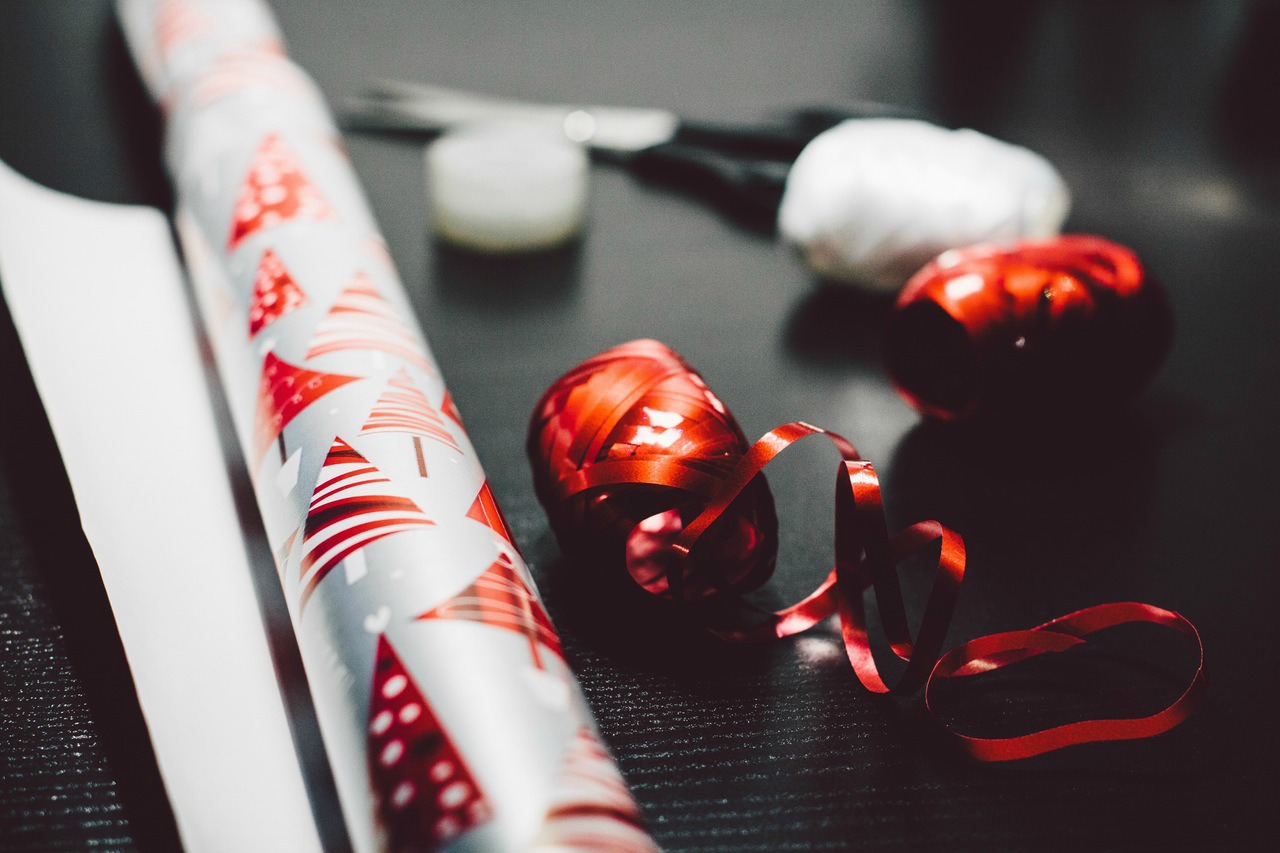Last week I went to my stylist for my usual haircut and color. This time, though, I told her I was done coloring my hair. I expected her to try to talk me out of this, but she didn’t. She just nodded her head.
“Every woman gets to that point eventually,” she said. Then she talked me through various ways of letting my hair make a graceful return to its natural state.
I’ve never colored my hair to hide the gray–I’ve always just thought of hair color as a fun way of trying on new personas. But as this past semester got really busy, I put off my usual haircut. My natural roots started growing in silvery-brown. I hadn’t seen my natural hair in a while, and I liked it. A lot.
Some friends my age have already gone completely gray. Others are headed in that direction. Still others are not—either because they’ve chosen to color their hair, or because they’re genetically predisposed to gray-resistant hair.
For that matter, many friends my age still have children in grade school. Others are grandmothers. Many chose not to have children and are, instead, exploring exotic destinations or living delightfully quiet and child-free lives.
Some friends have gained weight over the years. Some took up running later in life, toned up, and are now more fit than they were in their 20s.
I thought about all these things while reading this article in the Huffington Post. The author, Lorraine C. Ladish, says the compliment she prefers to “You don’t look your age” is “You wear your age well.” I’m not sure how I feel about that, since it suggests that there’s a way not to “wear it well.” I’m way past caring about whether anyone thinks my hair or clothing is age-appropriate (whatever that actually means.)
Ladish does point out that it’s impossible to know what 50 or 60 or 70 should look like, for many of the reasons I’ve already mentioned. She claims that “It’s really up to us!” But I’m not so sure about that, either, given the number of times I’ve heard a woman comment on the fact that a pair of shoes or dress or hairstyle is “too young” for her, or make some absolute proclamation like “No woman over 50 should be wearing sneakers/short skirts/long hair/red nail polish.”
Whether or not we can say what a woman looks like at a particular age, it seems pretty clear that we know how she shouldn’t look.
When I was young, people always assumed I was older. Mostly, I think, they based that assumption on my behavior, not my appearance. (I was the child of Depression-era parents in the age of Dr. Spock. They valued self-discipline over self-expression.) But as I got older, people generally assumed I was younger than my chronological age. That, as far as I can tell, was always based on my appearance. I was carded every time I ordered a drink before I turned 35.
I have a very clear memory of talking with one of my professors while I was in graduate school–a memory of him looking at me with complete disbelief and saying “You cannot possibly be 34 years old.” But I was. Just days away from turning 35, in fact. I had two small children and a 10-year-old marriage. Though he knew all of this, none of it added up to 35.
So what does it mean, exactly, to “look your age”? Or to “wear it well”?
I think the latter, as Ladish points out, probably has something to do with moving through the second half of your life without feeling defeated—without believing or acting like it’s too late to work toward your dreams. For those of us who spent 18 years or more raising children, not thinking about yourself becomes such a habit that you forget you’re even doing it. Maybe “wearing it well” means unlearning that habit.
“Wearing it well” might also have something to do with living in the world—not the world as it was, but the world as it is. One of the things I know for sure, as a professor, is that I lose credibility with my students anytime my world seems separate from theirs. So I make it my business to know a little bit about new apps, movies, music, and technology. Whenever a student say something like “Dr. Johnston, you’re so cool. My mom has no idea who Daft Punk even is,” I know I’m doing my job.
But trust me, I also know that being able to sing along with the Chainsmokers does nothing to delay the inevitable. That was made clear to me when a male student, approaching me on a campus sidewalk one day, grabbed the arm of the guy walking beside him and said, “Dude, move out of the way. Don’t make that old lady walk on the grass.”
As I’ve said, I have no idea whether I look my age, or dress my age, or act my age. I don’t really know what my age means, beyond a number I give in response to a specific question. And I’m not sure it’s possible to know what anyone “should” look like, at any point. But perhaps “wearing it well” just means not allowing your age to become an excuse for worrying about what others think you should be doing and, instead, just doing whatever you want.






2 Comments
I think you are very young looking, but I appreciate this article. Mostly people have thought I look young, or that I am young to have children who are adults (which is just because I started kind of young.) I still am covering my gray, though, not sure I can let go of that. Wearing it well to me means being thankful for all the blessings, and content with where I am. Great post!
I think that’s a big part of “wearing it well,” no matter what age we’re wearing. Gratitude makes everyone more beautiful.